Somatics and Conflict Resolution
Tuesday, May 21st at 1:00pm – 2:30pm, University of Alberta
Soni Dasmohapatra leads a practice-based exploration of the role of dance and movement in building empathy to navigate situations of conflict.
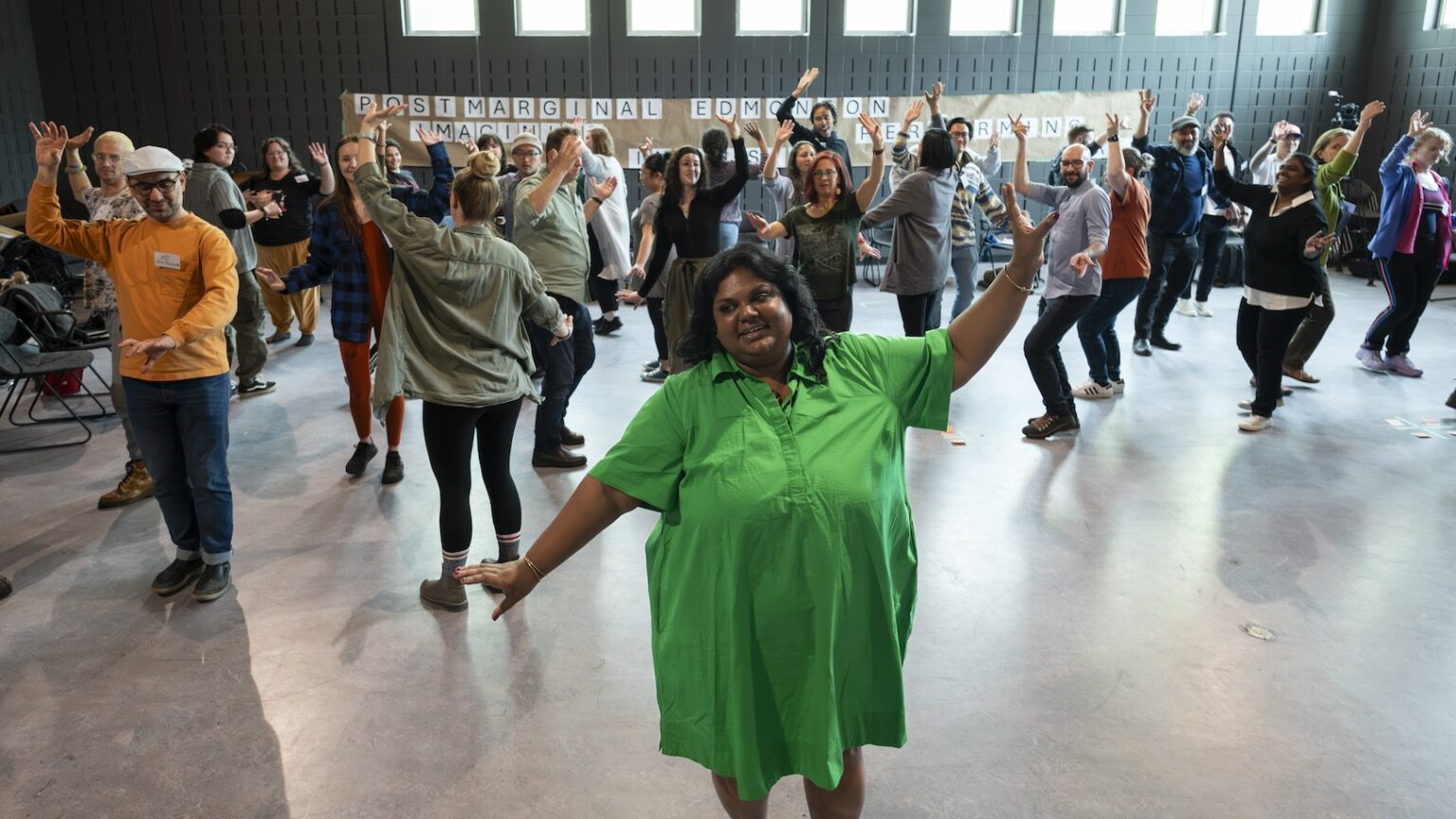
Facilitator
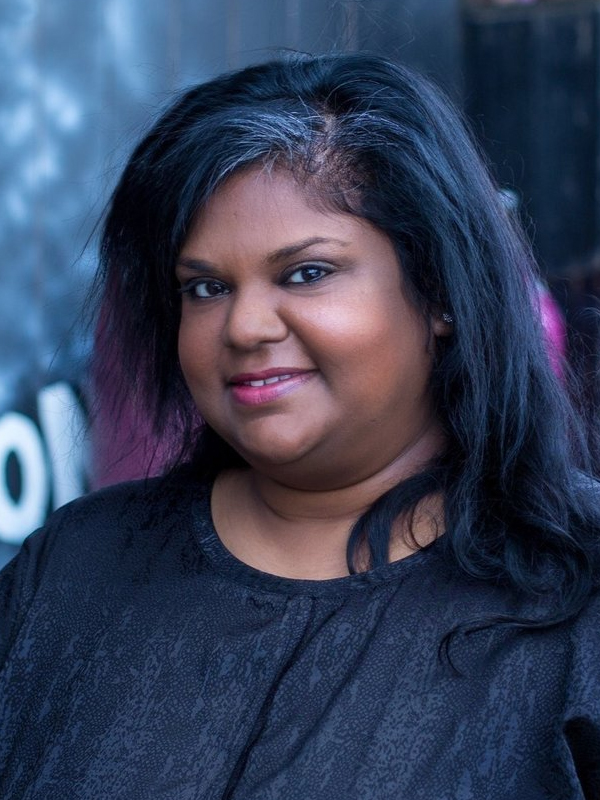
Soni Dasmohapatra (she/her) holds a Bachelor of Arts from the University of Alberta and a Masters in Public Administration from the University of Victoria, and a certificate in gender studies and human rights from Oxford University. Soni is pursuing a doctorate in Social Sciences at Royal Roads University.
Soni is a passionate advocate for the promotion of equity, diversity and inclusion. Throughout her diverse career she has had the opportunity to be an educator, policy wonk, convenor and creative leader.
Soni has experience as a senior project manager with the Government of Ontario, Professor of Liberal Arts at George Brown College Toronto, and as a consultant with the United Nations. She has worked with the Government of Alberta, Edmonton Public Library and Edmonton Shiftlab 1.0, and is currently an Assistant Professor in Arts and Cultural Management at MacEwan University.
Her passion lies in mapping Alberta’s ecosystems to drive social innovation. She is committed to fostering positive change and progress in the region.
Multilingual Dramaturgies: Le besoin d’être malarmé
Thursday, May 23rd at 1:00pm – 5:00pm, MacEwan University
A facilitated workshop that uses untranslated languages as a basis for improvisation and performance.

Babayants invites mono-, bi- and multilingual artists to co-create dramaturgical material through experimenting with and in various languages: verbal and non-verbal, spoken or written, known and unknown, living or dead. His goal is to introduce the concept of multilingual dramaturgy, i.e., dramaturgy that resists translation as its main tool, challenges the hegemony of dominant languages, and attempts to create multi-layered meanings intended for multilingual and multicultural audiences. Participants are encouraged to bring their own stories, monologues, poems, improv exercises or any other genres (in any of the languages they speak or are currently learning) as the basis for further devising.
Facilitator
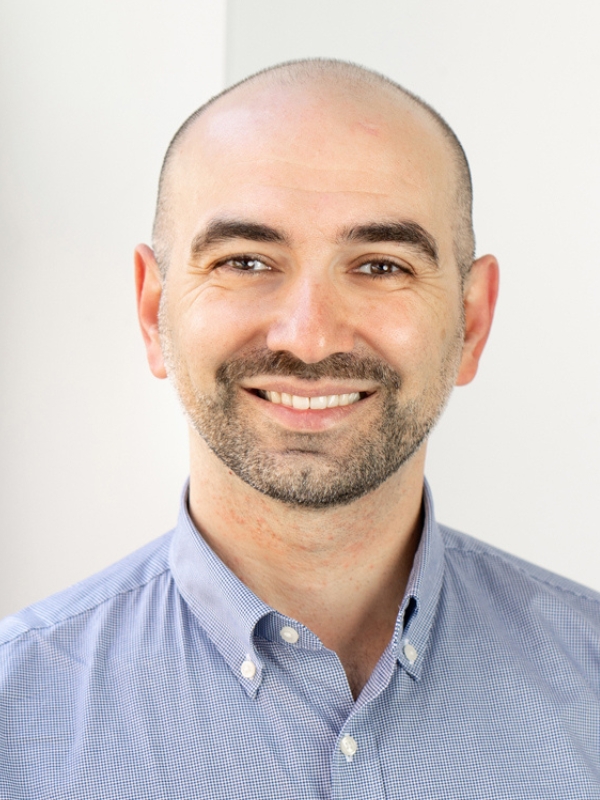
Art Babayants / Արտ Բաբայանց (he/him) a Canadian-Armenian theatre artist who has worked with theater makers in Russia, Malta, Latvia, Bulgaria, the UK, the USA, and Canada. His directing career comprises musicals, such as Share and Share Alike (2007), Seussical. The Musical (2009 and 2018), Gypsy (2011), Godspell (2014 and 2021), and Spring Awakening (2019); contemporary Canadian drama, including Couldn’t We Be (2008) and The…Musician: An Etude (2012 and 2014); devised performances, including several presentations of “In Sundry Languages” between 2015-2019; and opera, The Diary of One Who Disappeared by Leoš Janáček. He spent 2010 and 2011 being part of Toronto’s DitchWitch Brigade and performed in the multimedia hilarity called, in 2010, Miss Toronto Gets a Life in Parkdale, and in 2011, Miss Toronto Acts Back, directed by Antje Budde and produced by a leader of Canada’s indie stage – Pandemic Theater. His most recent play Bros/Les gars was produced in Saskatoon by La Troupe du jour (Feb 2023). The text of his critically acclaimed work “In Sundry Languages” was published by Playwrights Canada as well as by the Canadian Theatre Review (Winter, 2019).
Conversations Through Drama Therapy: Orienting towards dignity
Thursday, May 23rd at 1:00pm – 5:00pm, MacEwan University
Facilitated by a drama therapist, this workshop will explore how our bodies and nervous systems respond to artistic spaces that treat us in undignified ways.

This session will start with a presentation about the facilitator and his collaborator’s (Barry Bilinsky) work. Followed by a workshop with exercises informed by Somatic Experiencing and Response Based Practice, where participants will have opportunities to explore their individual experiences of resistance and dignity within the Edmonton artist scene within a group setting. The facilitator will provide a brief introduction to how our nervous system responds to oppression and danger and offer a therapeutic response to a systemic problem in Edmonton’s artist scene.
Facilitator
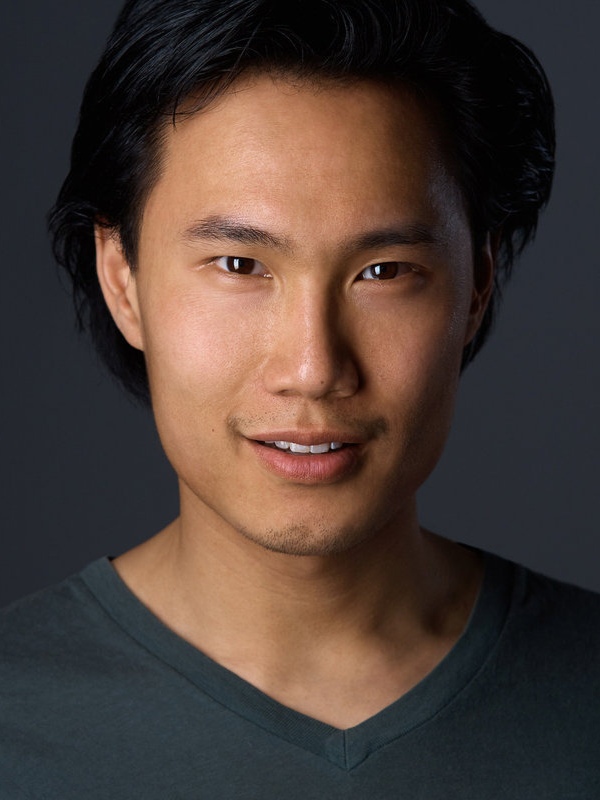
Bill Yong 容偉彪 (he/him) is a theatre artist and drama therapist currently based in Tiohtià:ke (Montreal). His family is originally from 新会 and 鹤山, 廣東. Born and raised in Amiskwaciy-wâskahikan (Edmonton) Bill has anchored both his artistic and clinical work around cultural expression, positionality and ancestral resilience/resistance. He is a dancer, choreographer, playwright, clown and theatre performer and has worked artistically and clinically within geriatrics, addiction, disability and Indigenous communities across Canada and the United States. Bill holds a Masters in Drama Therapy from Concordia University and is a Certified Canadian Counsellor. As a therapist he is oriented towards response based practice – an approach that highlights the ways individuals and communities respond and resist violence.
Casting Across Differences
Friday, May 24th at 10:00am – 12:00pm, MacEwan University
An exploratory workshop about casting diverse works, focusing on the negotiations that go into ascertaining the most respectful way to (re)present works from the global south: Africa, Asia, Latin America, or the Caribbean.
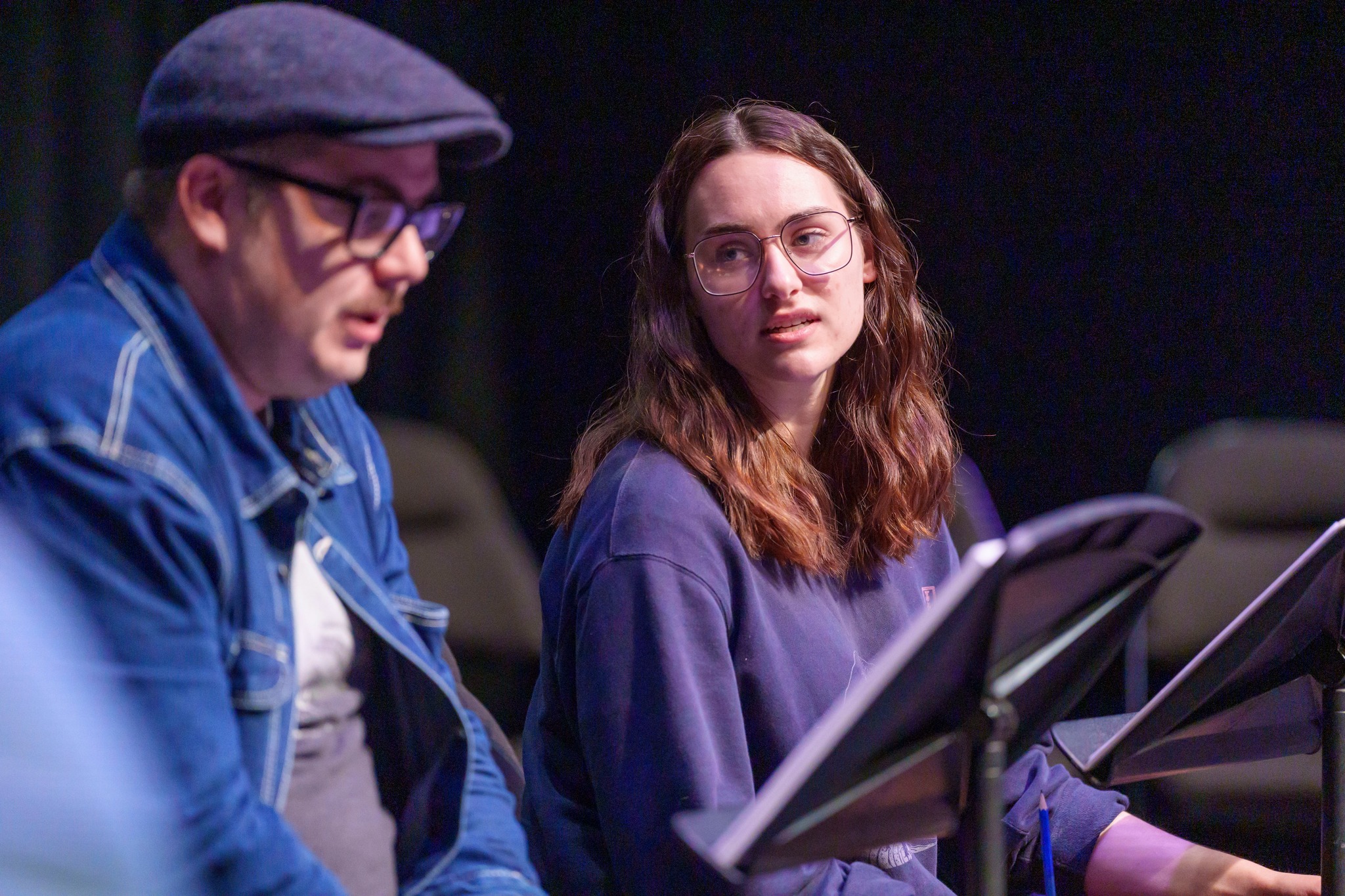
I developed the framework for this workshop with Carmen Aguirre and presented it at The Stratford Festival through ‘The Lab’ in 2021. We called it “The Casting of the Future.” In the panel discussion (actors and directors) we wanted to broach the discussion on what we wanted to see in the next five years and prospectively thirty years. We focused on casting considering the future: the projects we want to see on the Canadian stage concerning the cultural diversity that populates our society, stage and audience. This year, I am particularly looking at the ethics of casting locally and the conversations and considerations that go on within and outside the room. The notion of negotiating permission is crucial in this negotiation: I am particularly looking at access to the work and how we ascertain a respectful (re)presentation of the work. The workshop will entail a selection of actors from different ethnicities from Edmonton who will present a staged reading of John Ruganda’s The Floods (1980), a highly regarded East African play that fits well with prevailing conversations on leadership, war, and gender relations. An experimental assembly of actors (mirroring the Edmonton demographic) will explore the text and present it to an audience. After the presentation, the creative team and audience will break into a circle and then engage in a discussion about permission, discomfort, and the importance of serving work from other cultures and the considerations that need to be put in place to ensure we are respectful of the work from other cultures.
Facilitator
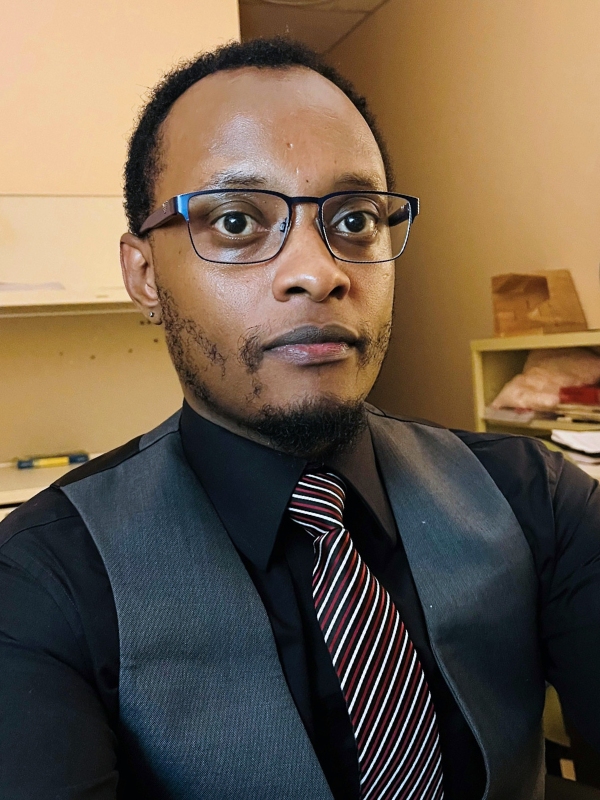
John Mũkonzi Mũsyoki (in Kĩkamba: Mũkonzi wa Mũsyoki) (he/him) is a Ph.D. Candidate at the University of Alberta in Performance Studies and a freelance theatre artist interested in Afrocentric dramaturgy. Mũsyoki is invested in the relationship between dramaturgy and mainstream theatrical practice. He has worked with theatre companies across Canada (Stratford Festival, Workshop West Playwrights’ Theatre, Fringe Theatre, Timms Centre Studio Theatre, MAA and PAA Theatre, Concordia University of Edmonton, Canadian Stage, The Citadel Theatre, and the University of Alberta Drama Department). His research focuses on Black repertoire in Canada: how to source it, support it, problematize it, and develop it. He is interested in understanding the streams of conversations that enrich African Canadian repertoire in connection with Indigenous dramaturgy in Canada and Africa. Mũsyoki has worked as a dramaturg for Ignite Afrika Trust, participating in the OSNW (Old Stories in New Ways) Project and TIC (Theatrical Interactions for Change) in Kenya from September 2017 to the present. Reviving old (his/her)-stories offers a fascinating opportunity to enrich the nuances of how we are grounded in our world. Last fall, he worked as a dramaturg and researcher for the Ndere Cultural Centre in Kampala, Uganda, to establish a conversation between African Indigeneity and Canadian Indigeneity.
The Ethical Tapestry at Work
Friday, May 24th at 10:00am – 12:00pm (in tandem with Casting Across Differences), MacEwan University
This hands-on workshop in parallel with Casting Across Differences aims to encourage understanding of the ethical considerations of consciously casting outside of cultural identities.
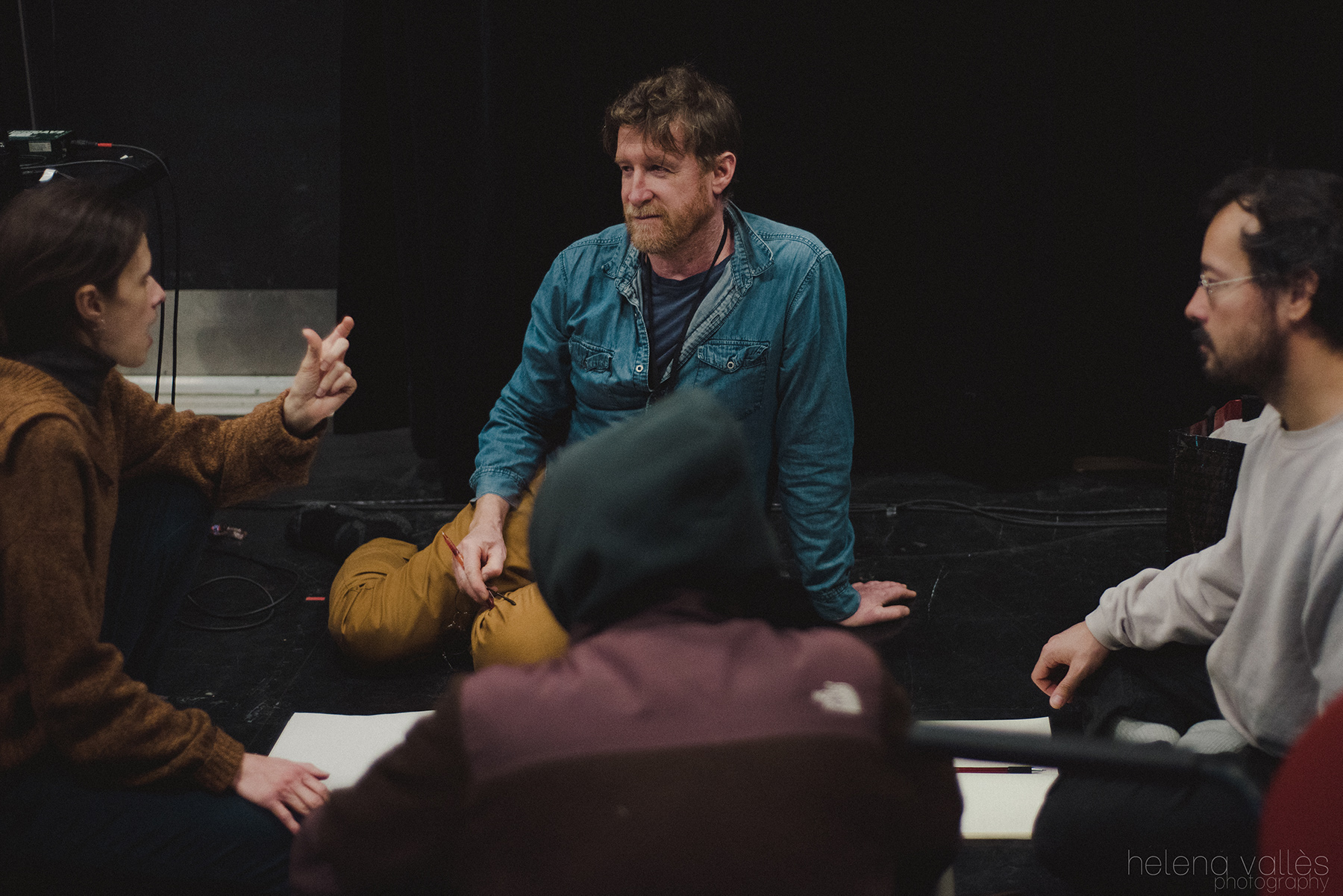
How might an ethical and relational approach to casting help us understand the complex relationships of ethics in training institutions and elsewhere? Many performing arts organizations and training institutions have recognized a need for more diversity and equity in practice and to incorporate marginalized experiences and voices in performance to be more relevant to the communities to whom they perform. However, the challenge remains: Once representation of diverse communities is achieved, how do we cultivate ongoing ethical relationships in creation and rehearsal spaces?
We propose an approach aligned with the concept of Dwayne Donald’s ethical relationality that could be used in performing arts creation and rehearsal spaces to enable ethical co-creation by inviting and relating with diverse beliefs, perspectives, knowledge and experiences to contribute to a more representative arts culture. Ethical relationality is an ecological understanding of human relationality that does not deny difference, but rather seeks to understand more deeply how our different histories and experiences position us in relation to each other. It requires the ability to recognize and hold the tension between different perspectives, allowing them to exist in and enrich the same space, while not attempting to force consensus or sameness.
One possible tool of ethical relationality in rehearsal practice is called an “Ethical Tapestry”, a dynamic multimedia document that reveals at specific points in time what behaviours and contexts are conducting the intersubjective relationships in a rehearsal practice. The approach is intended to be a starting point that can be fully developed and tailored to each specific context. They are not simply principles to state at the beginning of a rehearsal or to include in policy, but guidance for ongoing conscious interaction with the people, artifacts, and spaces in and of rehearsal.
Using the rehearsed scene from the workshop, “Casting Across Difference”, facilitated by Mūkonzi wã Mūsyoki, Peter Farbridge will lead participants in an exploration of the ethical contexts of the work, and how the Ethical Tapestry could be a tool for dialogue and building consensus and equity.
Facilitator
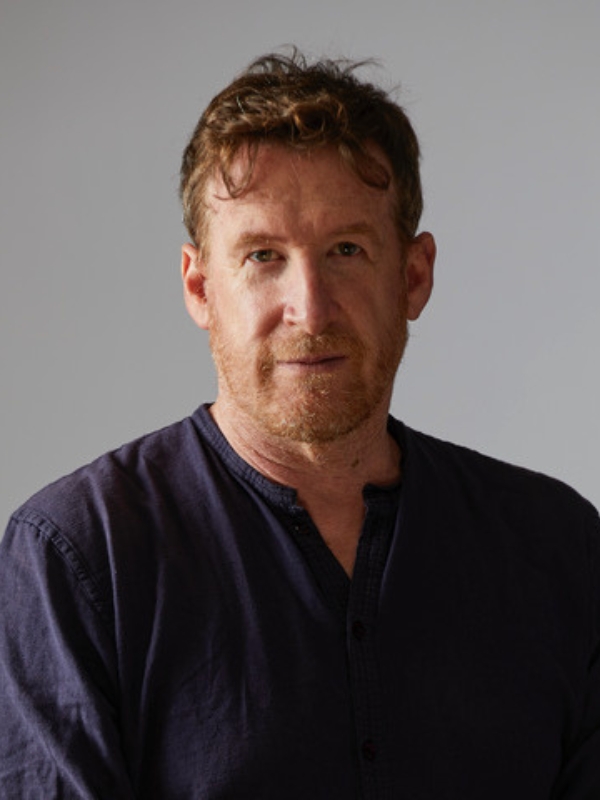
Peter Farbridge (he/him) is a theatre actor and creator working in Montreal. As founding member and co-artistic director of the Modern Times Stage Company from 1989 to 2022, Peter appeared in many of the productions, including the title roles of Macbeth and Hamlet. He has earned several Toronto Dora awards for his work with the company. Among that work, Peter has co-translated and adapted the plays of several Iranian artists with Soheil Parsa, and he has served as co-writer or co-deviser on several new theatrical productions, including Hallaj (2009) and Forgiveness (2014). In 2017 Peter was nominated for a Meta Award for his performance in Progress! for Infinitheatre. He has recently completed an MA in Anthropology and Theatre and is currently Artist-in-Residence at Concordia University’s Department of Theatre, and will direct an adaptation of Life is a Dream, by Pedro Calderón de la Barca. He currently collaborates with the project Postmarginal, a project he initiated at Modern Times, which encourages a plurality of performing arts practices among marginalized and non-marginalized artists.